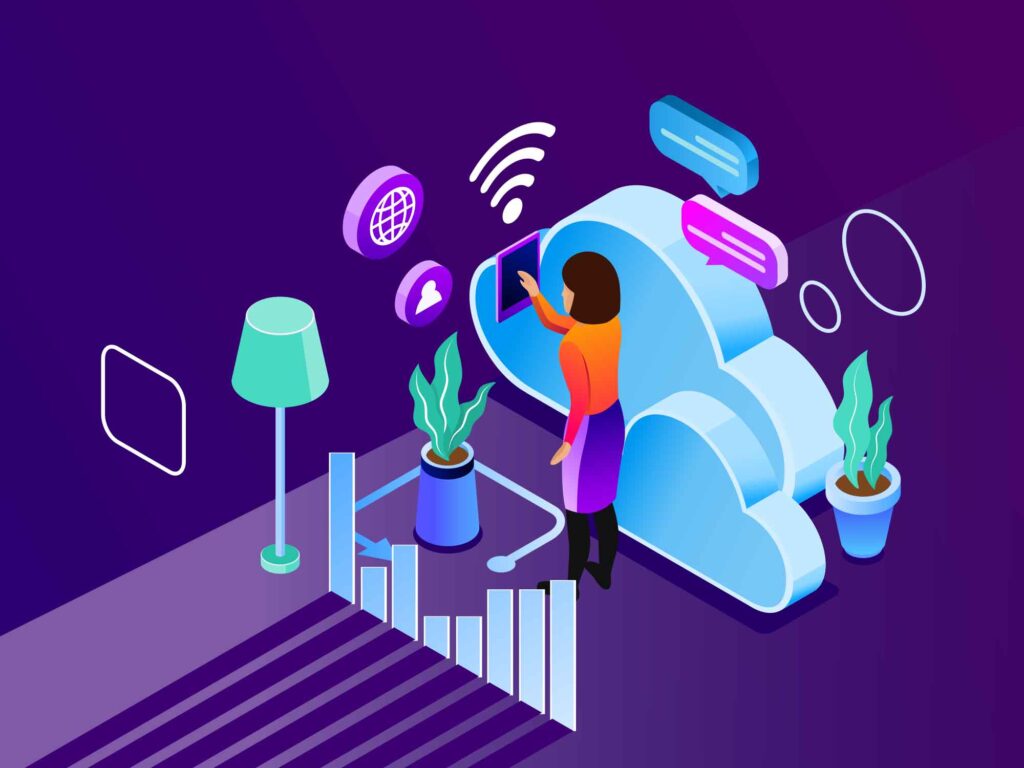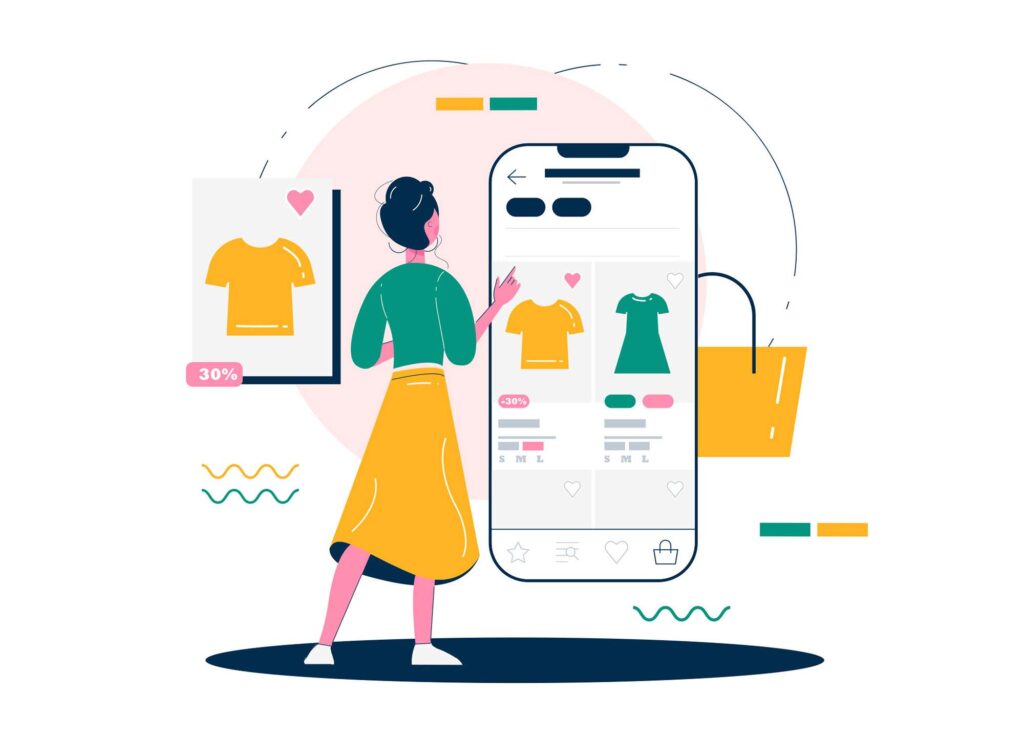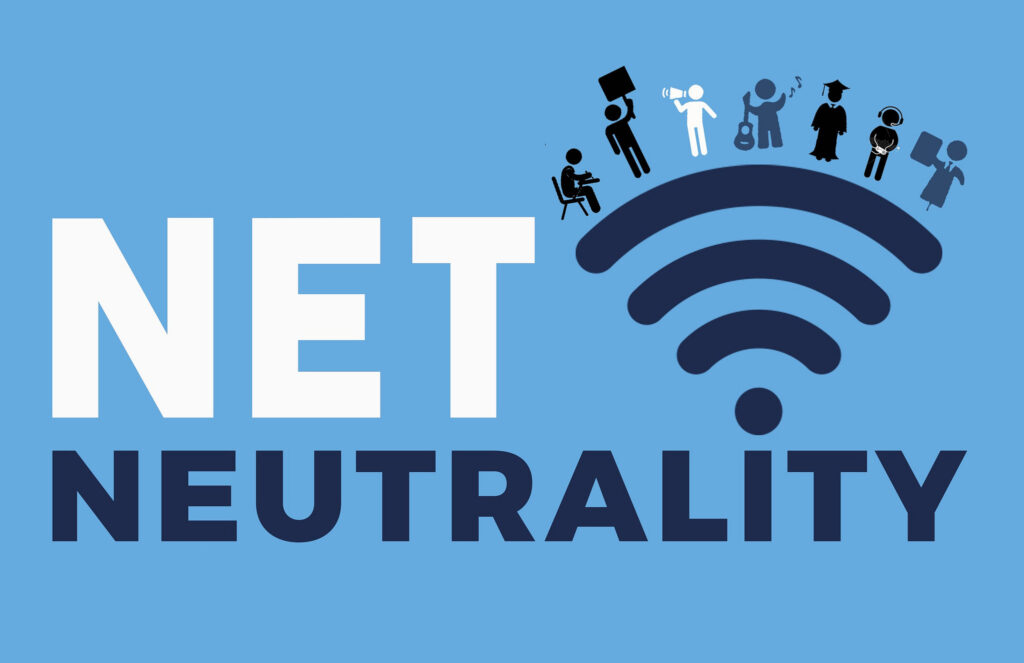Who Owns the Internet? A 2024 Explanation
The Internet is one of the most common words in the English dictionary. Almost everyone uses it on a daily basis, and even those who don’t have heard about what it is. But if we think about it, what do we really know about the internet? Do we know who invented it? Who owns it? And what extent of information is available on there?
Often times, we’ll search some of the most niche topics and still find answers beyond our comprehension. This just shows how little we know about its entirety. Moreover, it proves that even while Internet Service Providers (ISPs) and individual websites try to moderate activity, there is no one true owner of the internet. Let’s talk about it in further depth.
What is The “Internet”?
If you search this question on the answer, you’ll find a plethora of definitions. Though the official definition according to the Merriam-Webster dictionary is that the Internet is an electronic communications network that connects computer networks and organizational computer facilities around the world. used with the except when being used attributively.

In simpler words, it is a global network system that connects users from all over the world. Whenever someone logs in to a social media account or uploads something to their computer network, it can be found by anyone else using the internet as everything is technically connected.
This might sound scary and dissuade you from adding personal information on to the internet, as it should. The internet is a vast void of information and many times, information once uploaded on it can never be retrieved. But that is why we have a multitude of security protocols set in place to avoid that from happening.
Does The Internet Have An Owner?
This is a somewhat paradoxical question as the answer is both yes and no. Technically, the internet does not have one true owner. There is no one on the Earth that can moderate the entire internet or make changes to it. Hence, it is no one’s property or legal possession.
On the other hand, people do own parts of it in the sense that the websites that make up the internet are owned by certain individuals. Websites like Facebook, Google, YouTube that make up a large percentage of the internet’s users are all controlled and legally owned. But their jurisdiction is limited to their website or intellectual property.

An example of this can be seen by observing the varying restrictions websites have according to their specific guidelines. Something that is not allowed on YouTube may be allowed on some other website. The legalities of this topic are endless but the point is owners cannot enforce laws outside their property.
So basically, the Internet is not a single person’s intellectual property. But who owns the infrastructure behind all our searches and website visits?
Internet Service Providers (ISPs) & Website Moderators
Now this question can have two answers.
ISPs provide us with the groundwork for the internet. This means underwater cables, network access points, routers, wiring connections, etc. With an extensive web of connections all over the world, it can be said that a few major ISPs (AT&T, Verizon, Sprint, UUNET) oversee a large part of the internet’s infrastructure.
That is one part of the internet. The other part comprises of our web searches or general activity on the net. As we mentioned before, this part is not owned, only regulated by website moderators. All the information is stored and sent in the form of ‘packets‘ to the website and then from the website to the user. Any activity that goes against company guidelines is hence monitored and dealt with.

How Do Governmental Policies Affect This?
While no one can stop you from connecting to this ‘global village‘ and participating in online activities, ISPs do have the power to restrict you from certain parts of the internet. Governments exert a certain amount authority over these ISPs meaning they can stop users from viewing a particular website/s.
This can be done for a number of reasons such as religious reasons, illegal content (criminal activity), cultural norms, etc.
Net Neutrality

Net Neutrality is another term you should be aware of. It is the principle that an internet service provider (ISP) has to provide access to all sites, content and applications at the same speed, under the same conditions without blocking or giving preference to any content.
This means that no higher authority should be able to control what content is consumed by its users. Users should have the freedom to search and view whatever topic is of interest to them.
It is a highly debated-upon topic with supporters on both side advocating with valid and sound justifications. But whether or not the pros of allowing free searches without restrictions outweigh the cons is subjective and cannot be decided for the entire human population as a whole.
Interesting Facts about the Internet
- On August 19 of 1989, the founder of the World Wide Web, Sir Tim Berners-Lee, declined to patent the internet to keep it free and accessible to everyone.
- ARPANET was the first major Internet Service Provider.
- There are over 5.47 billion active internet users.
- There are 198.4 million active websites on the web.
The Takeaway
The topic has way more depth than we could cover in this article but as for the simple question of ‘Who Owns the Internet?‘, it can be said that no one entity owns it but several large corporations control it (to an extent). Whether this should be the case or not is up to you to decide.
 Reviewed by
Reviewed by 




